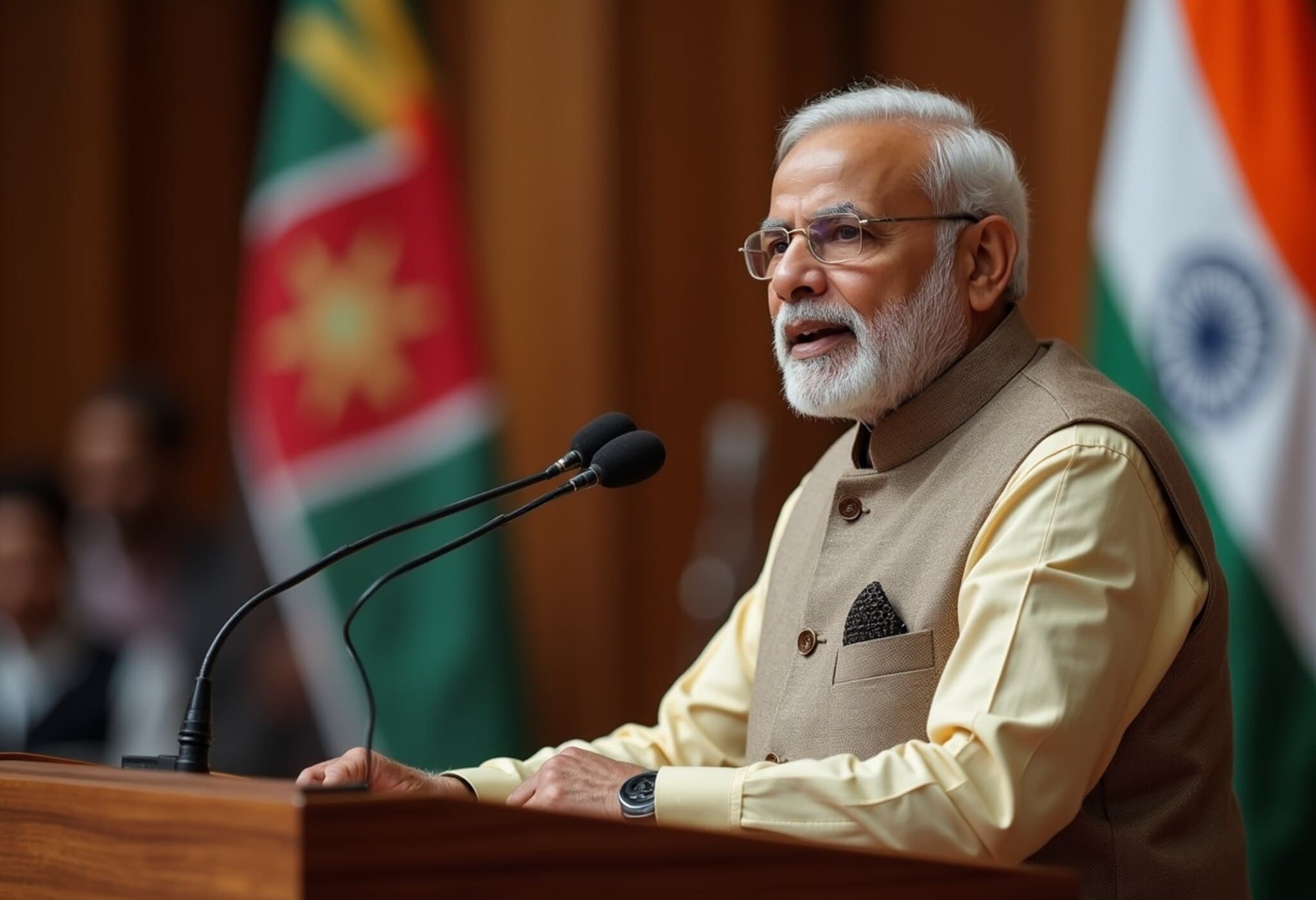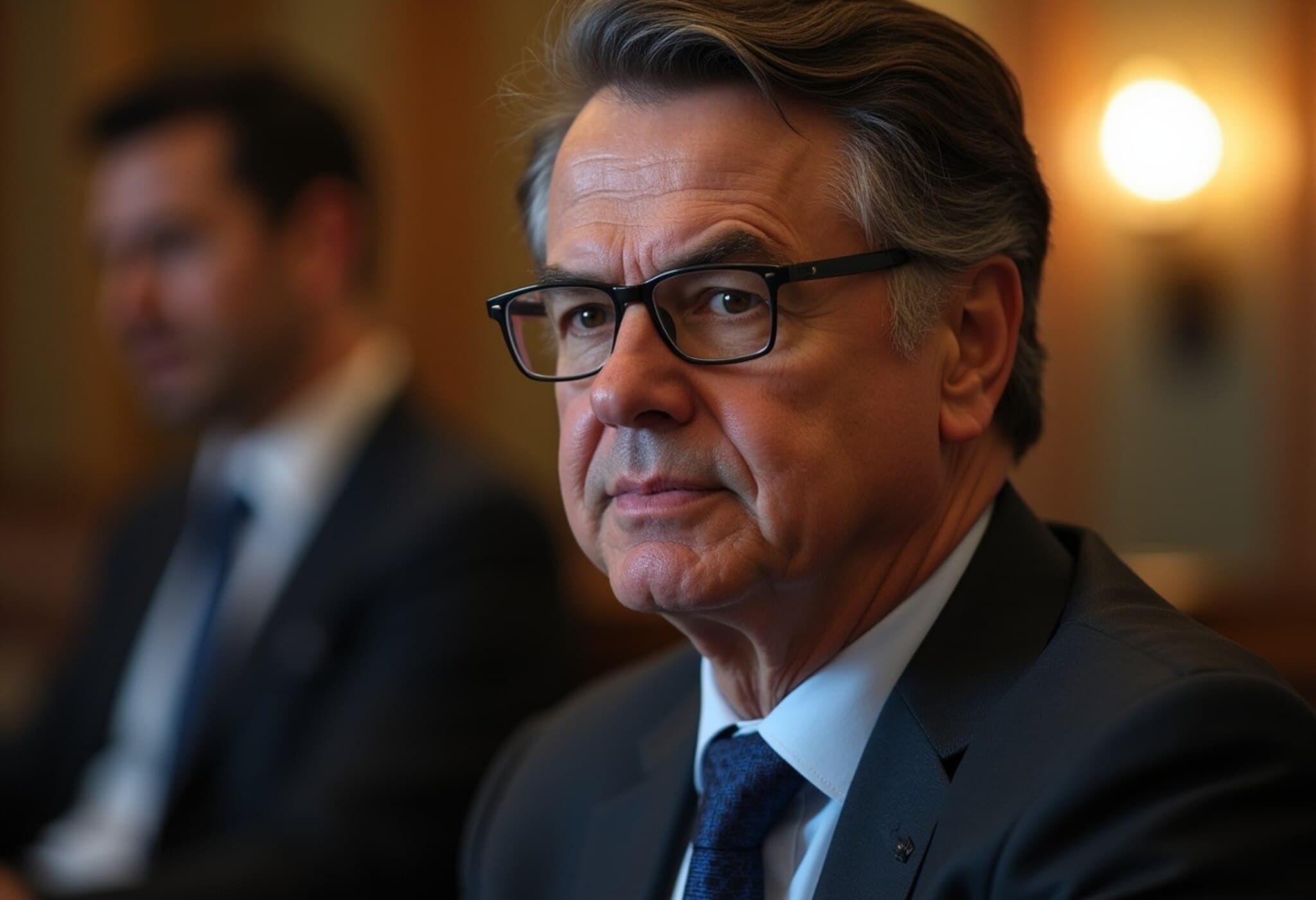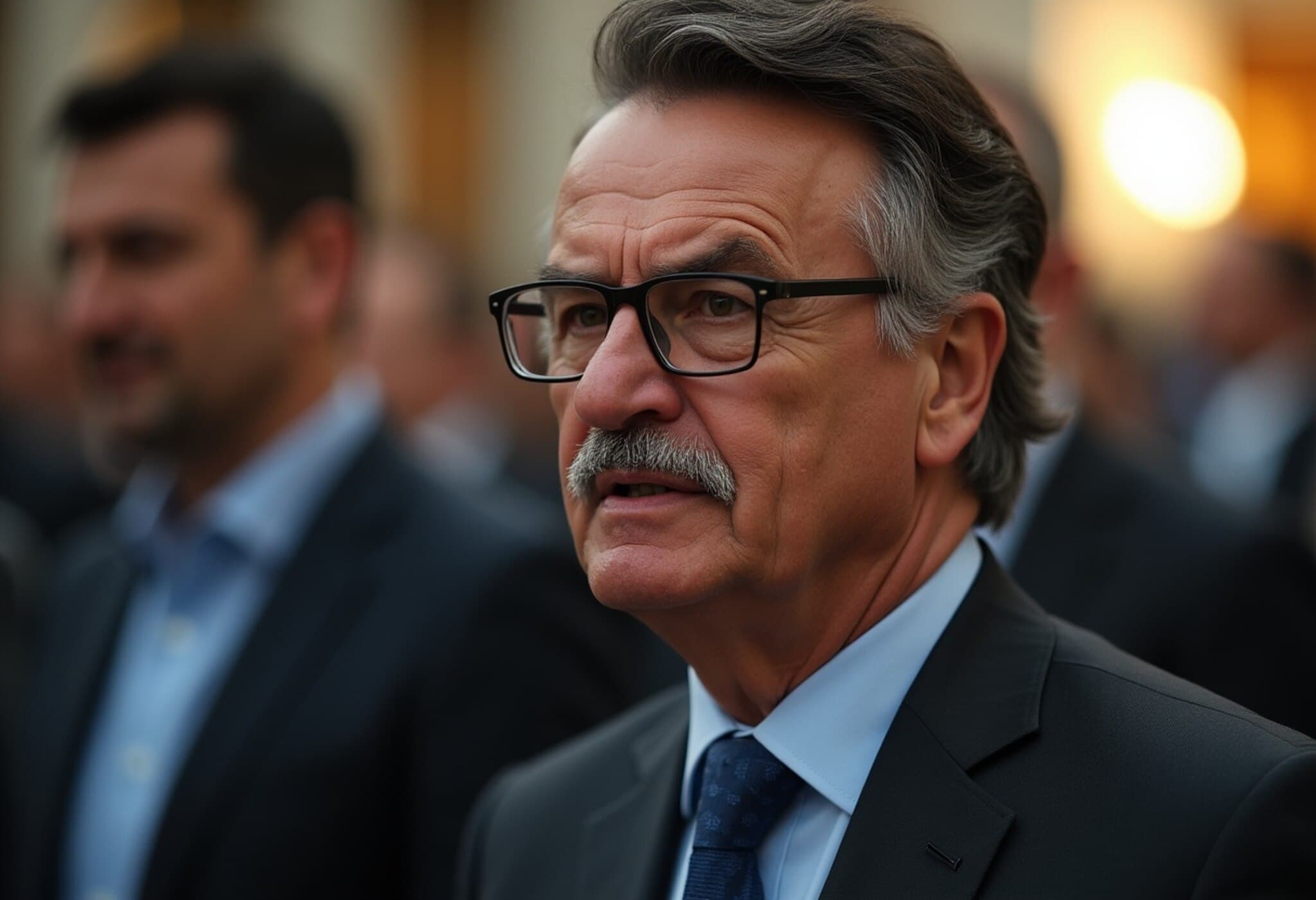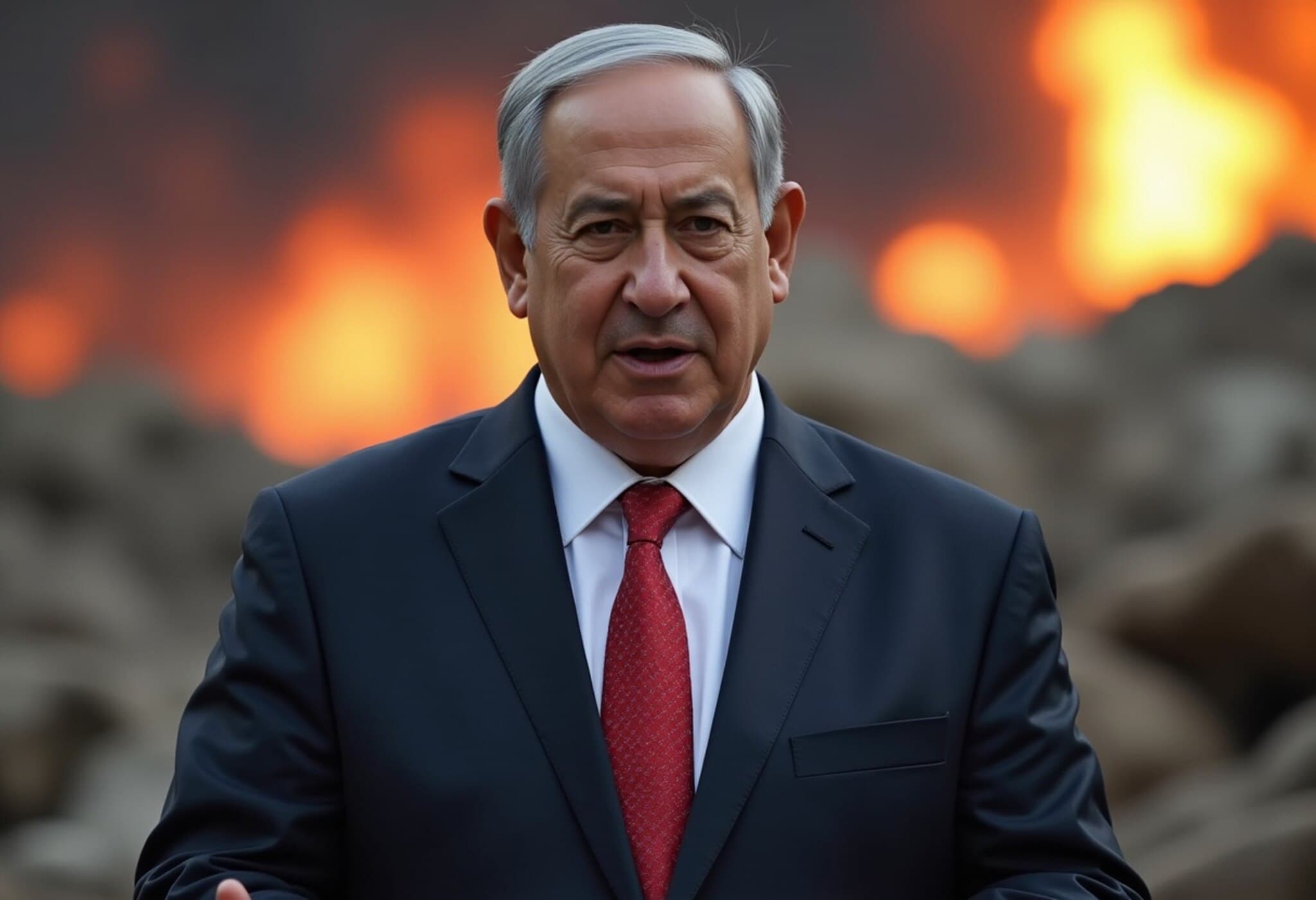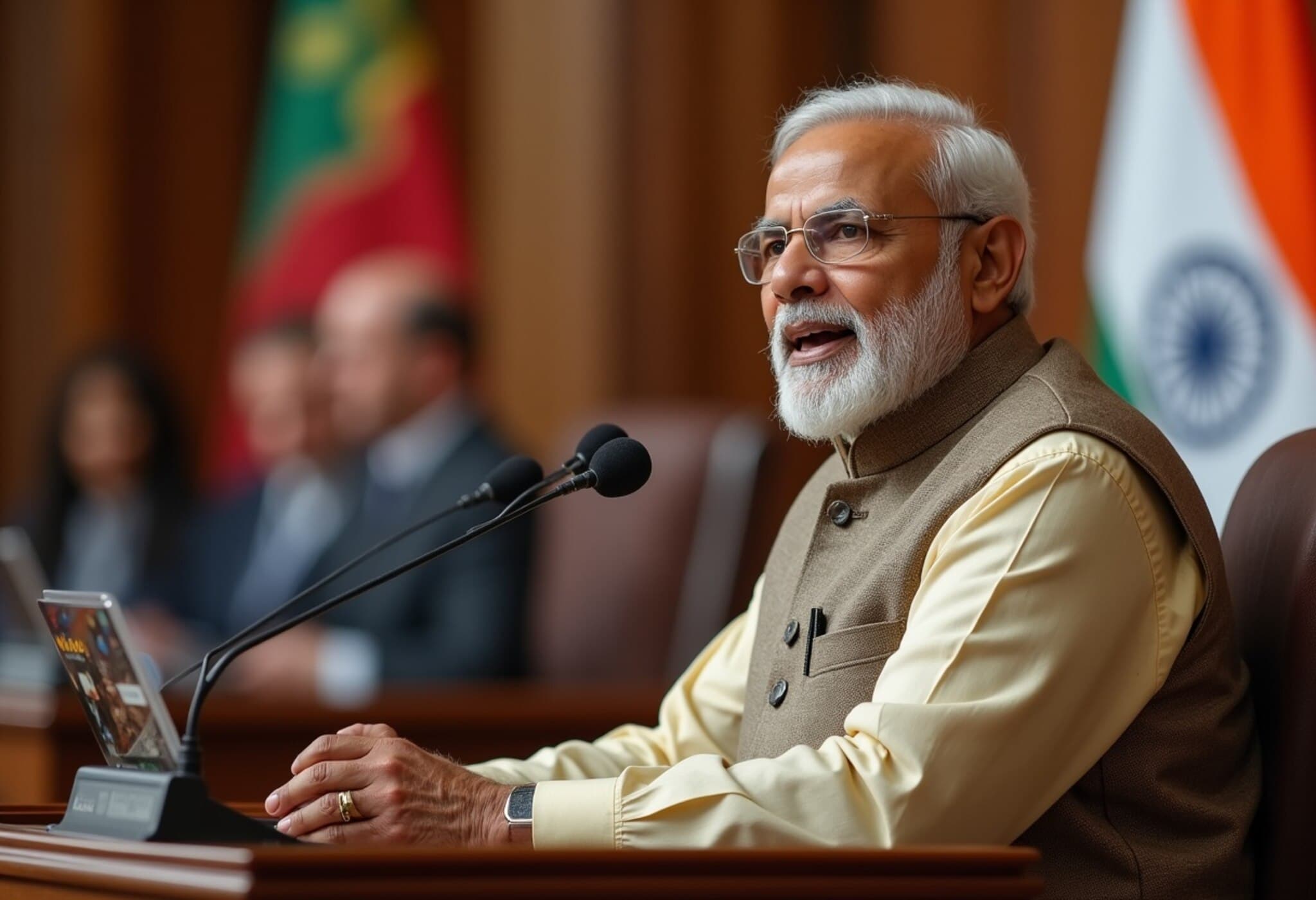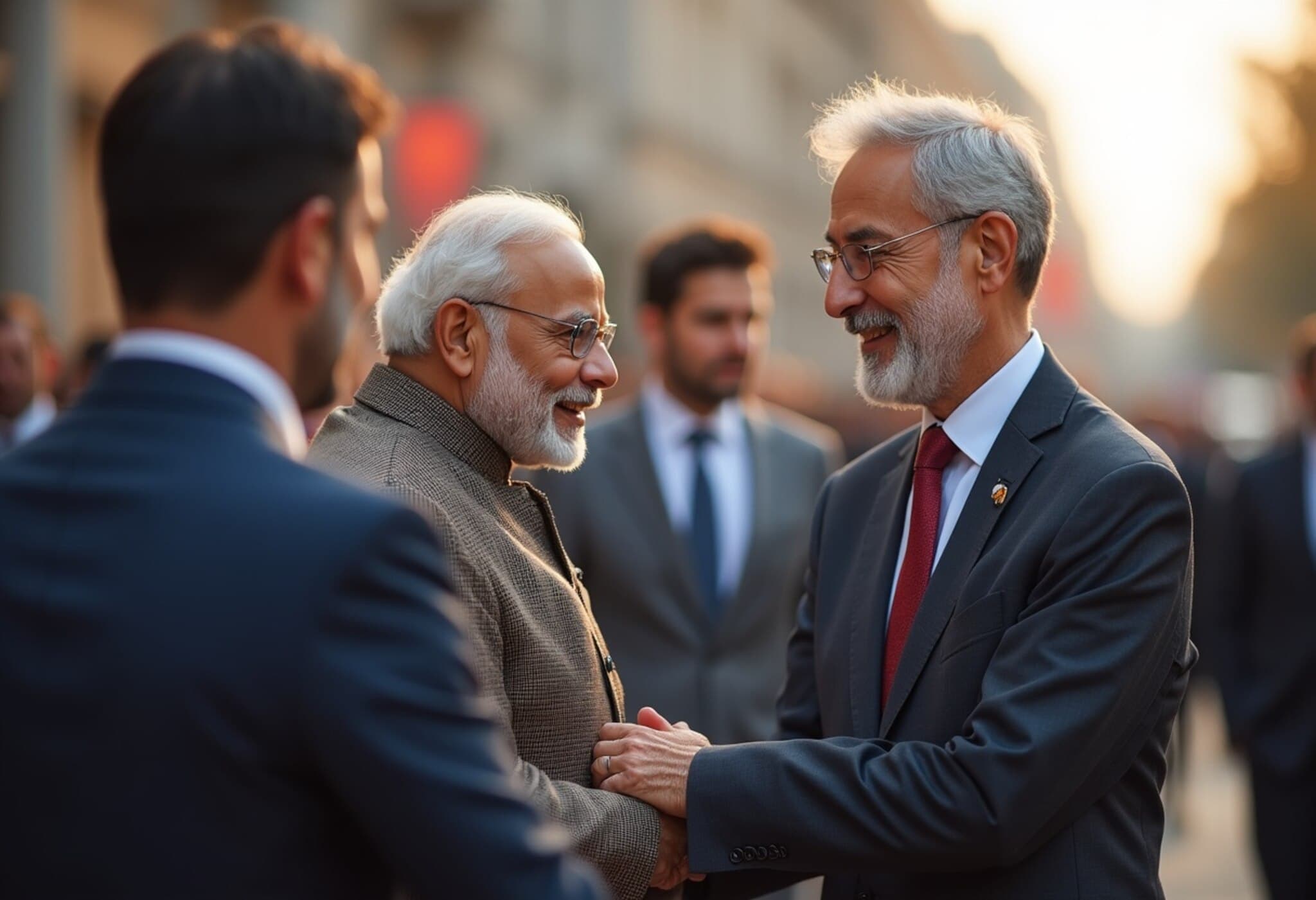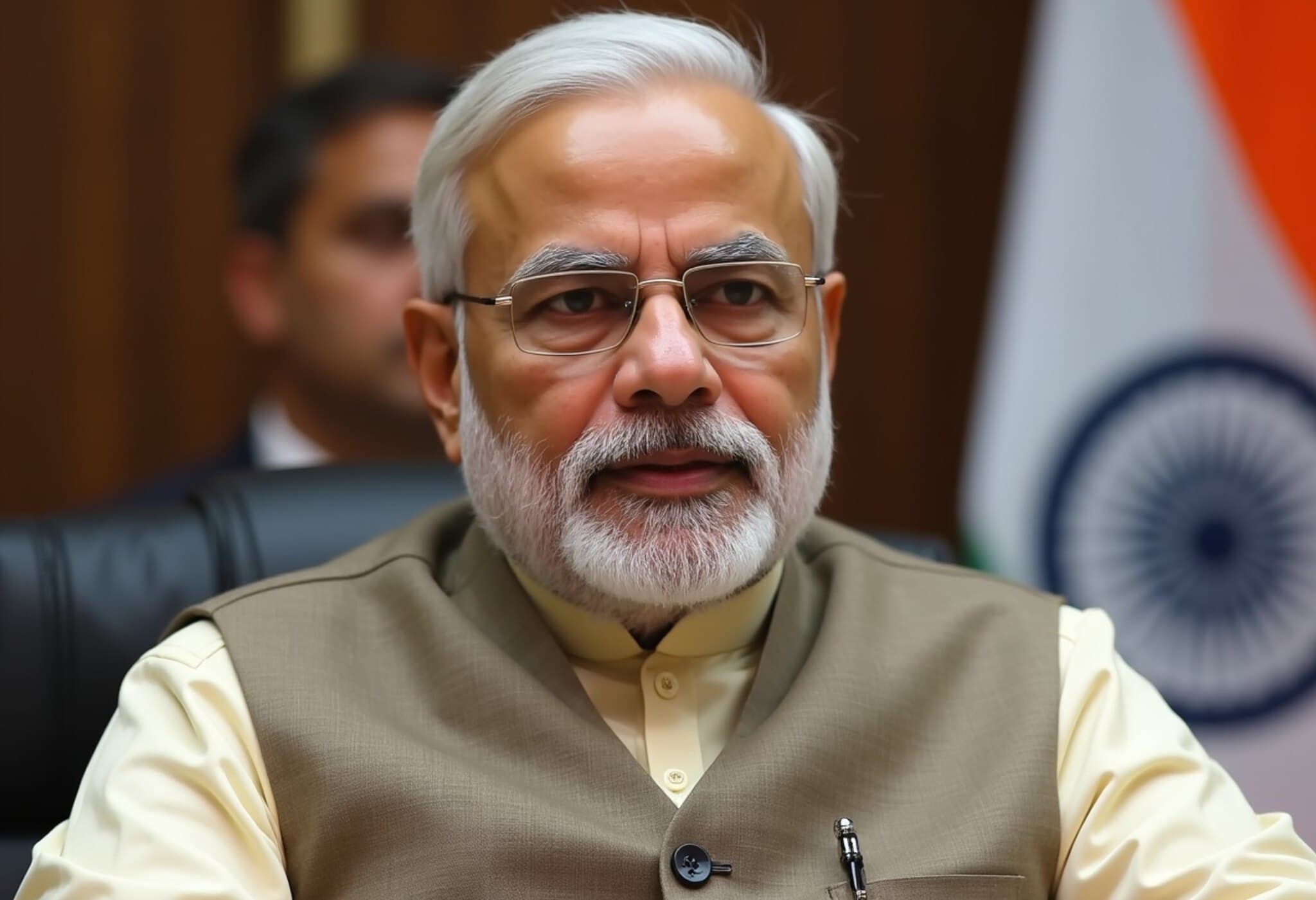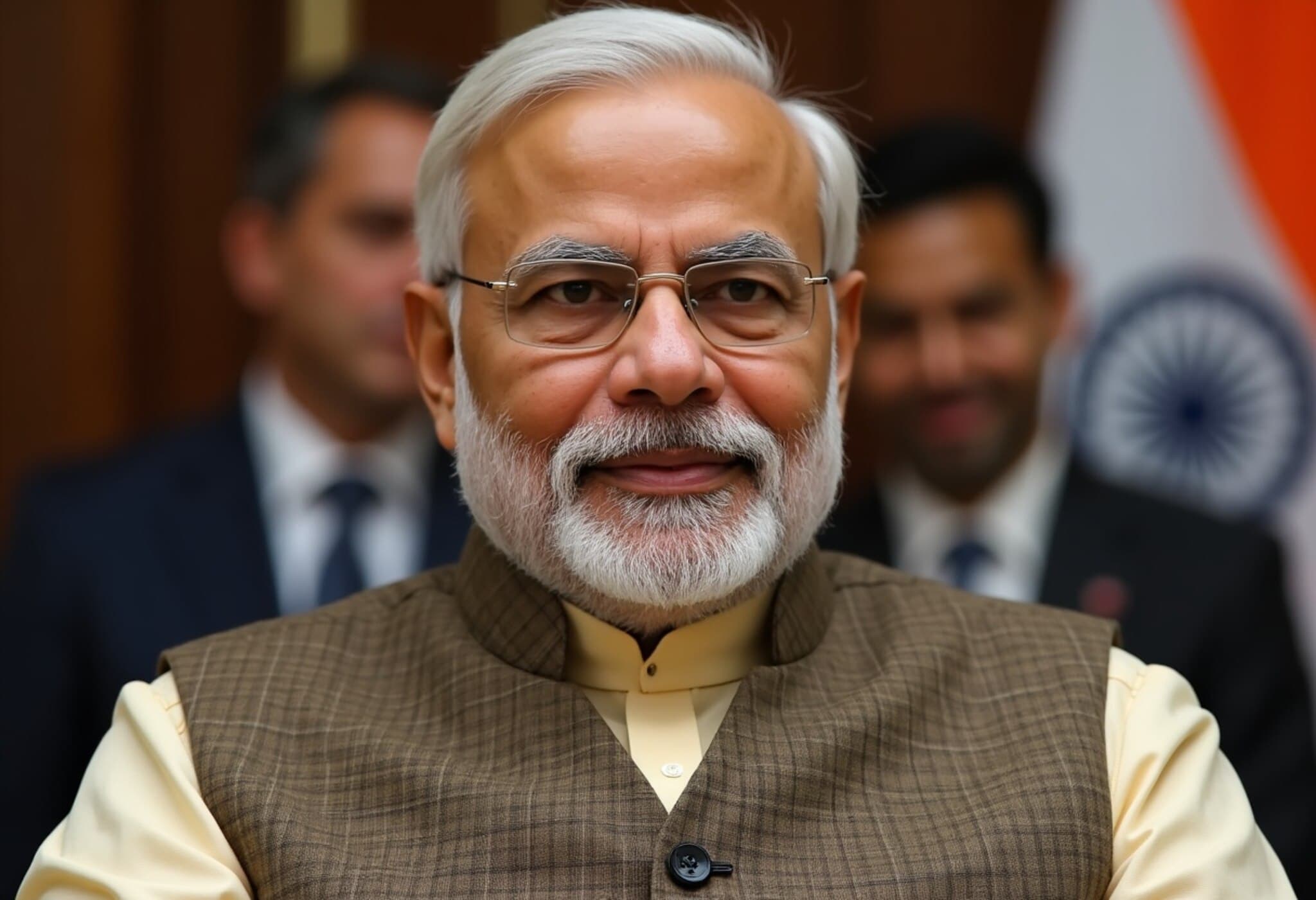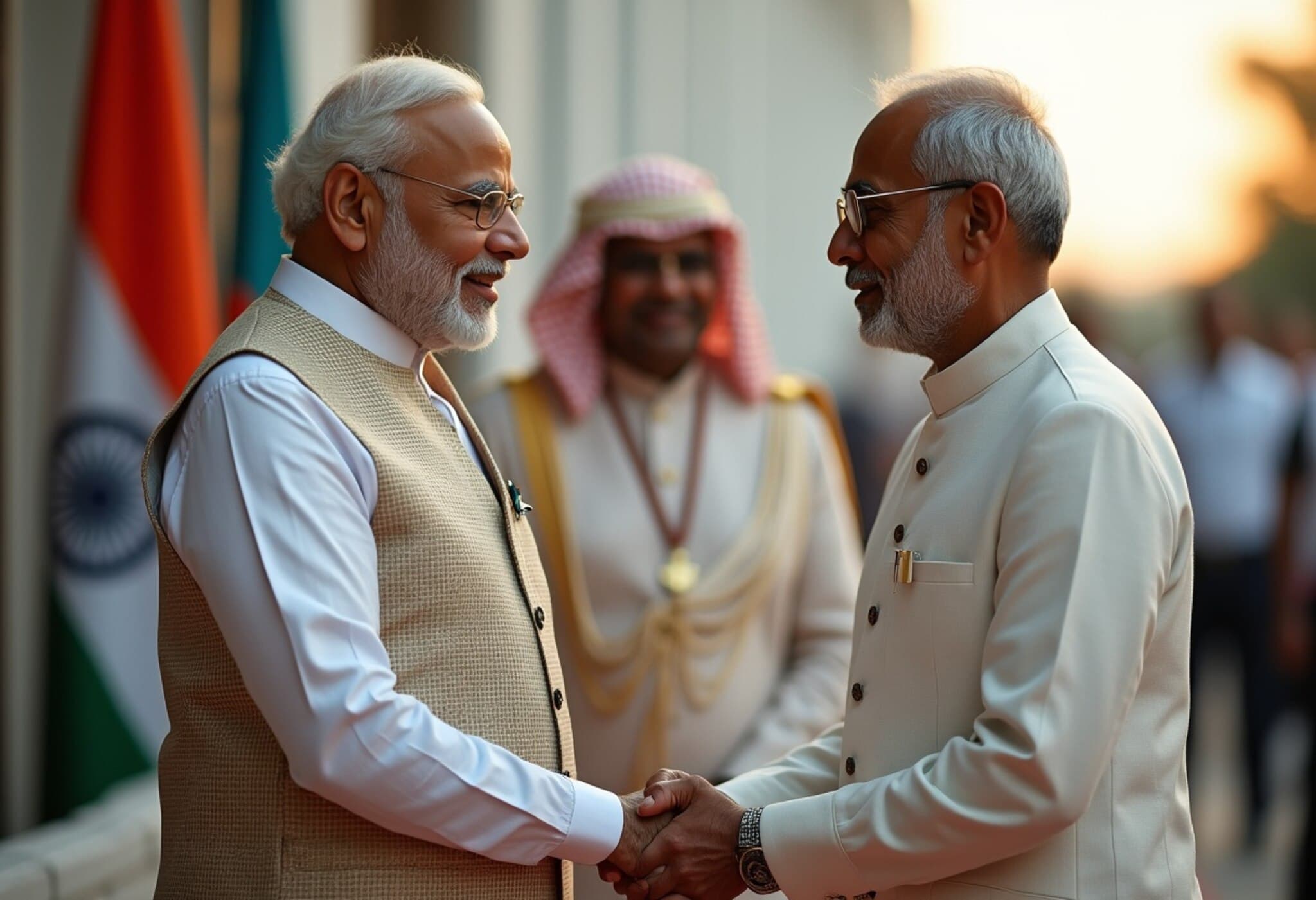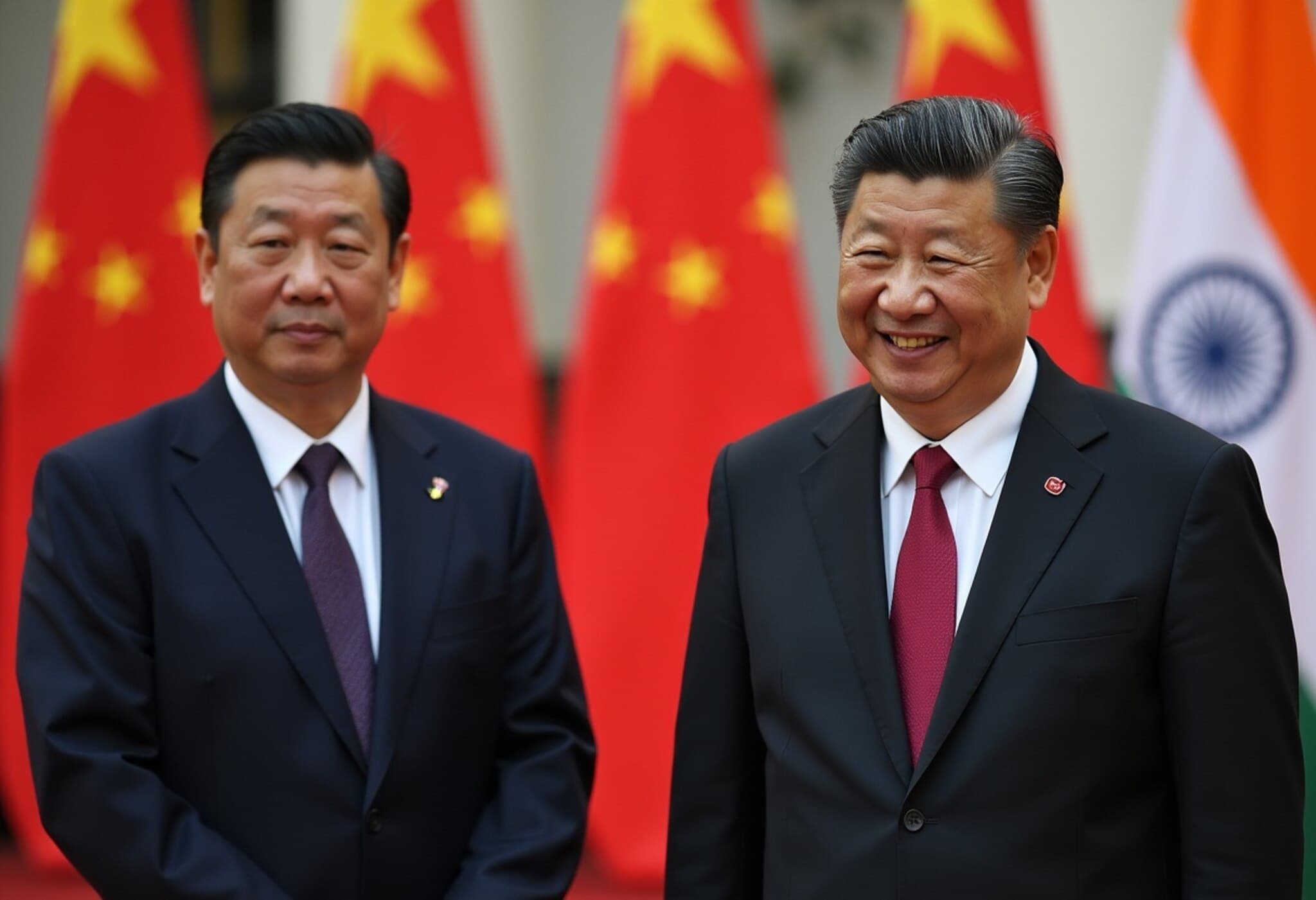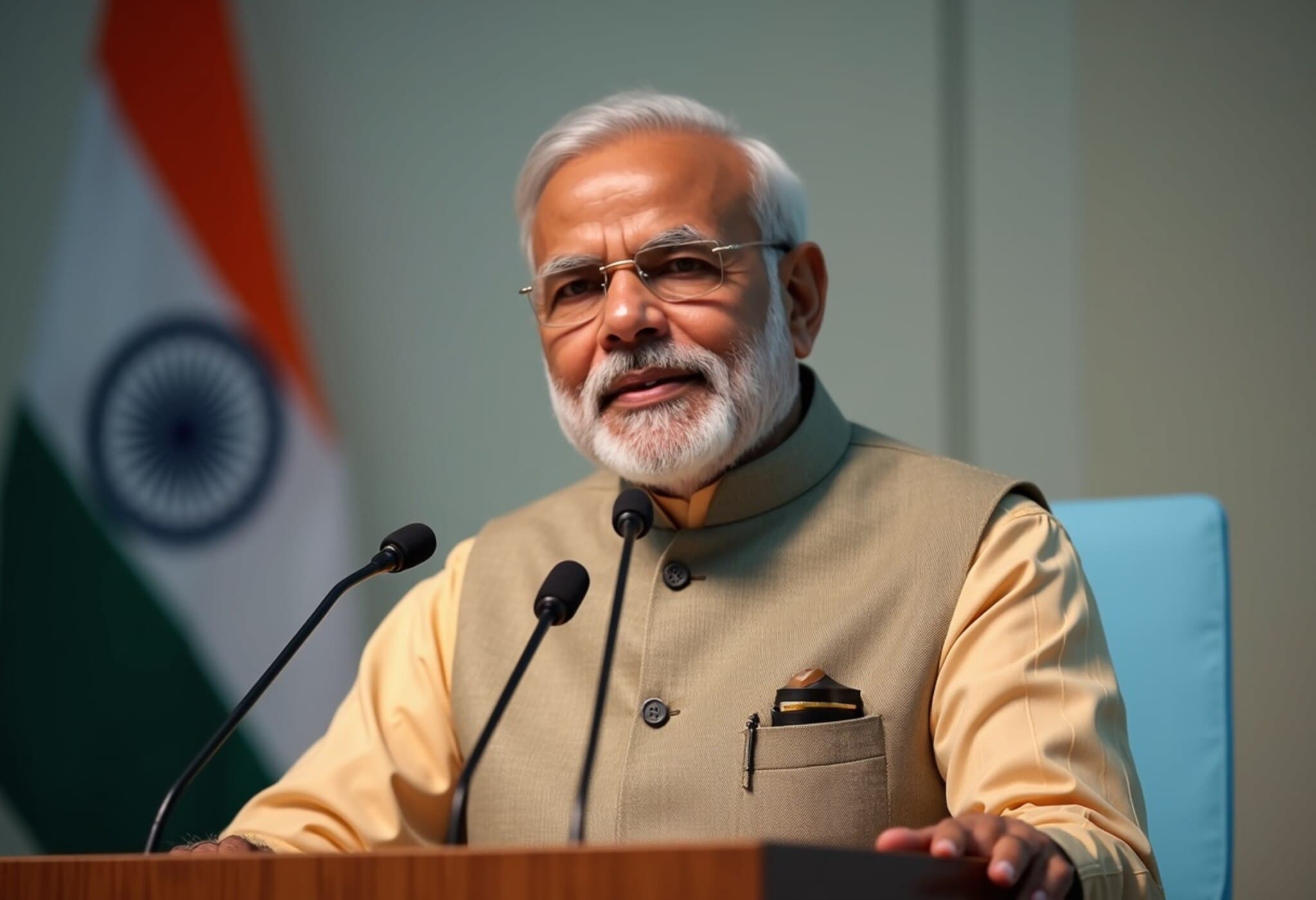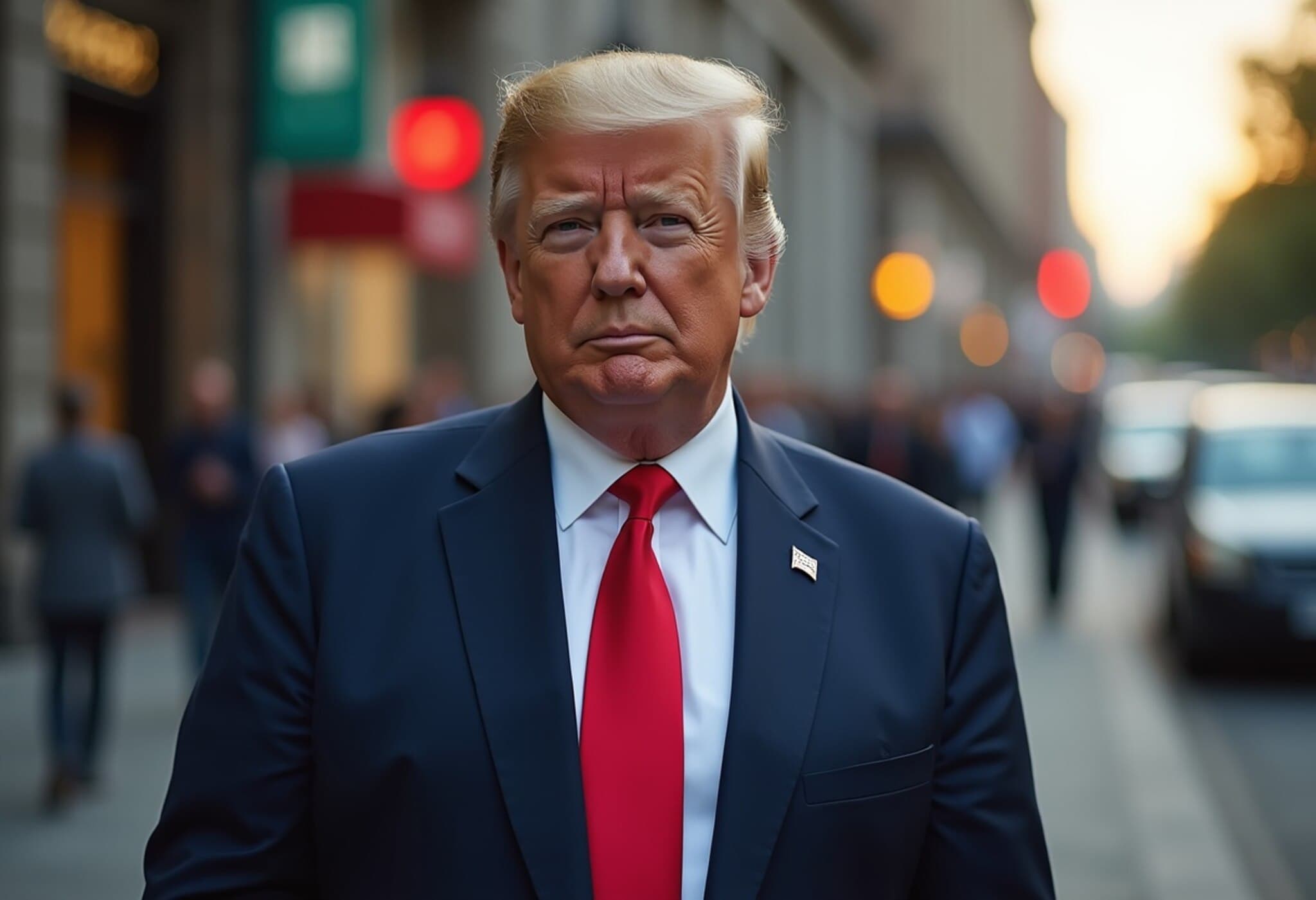Modi Honors India’s Historic Support in Namibia's Liberation
In a heartfelt address to Namibia’s Parliament on July 9, 2025, Prime Minister Narendra Modi paid tribute to India’s enduring solidarity with Namibia’s struggle for freedom. ``India stood with Namibia even before our own independence,'' Modi emphasized, recalling how India actively raised the South West Africa issue at the United Nations and contributed troops under Lieutenant General Dewan Prem Chand, who led the UN peacekeeping forces in Namibia. ``Our support was not just symbolic—it was concrete, in words and action,'' he said, underscoring the deep roots of this bilateral friendship forged through shared commitments to justice and self-determination.
Namibia Becomes Africa’s First Nation to Adopt India’s UPI Payment System
Marking a significant milestone, Modi announced that Namibia is the first African country to implement India’s Unified Payments Interface (UPI) technology. This breakthrough represents far more than just digital innovation; it signals a leap toward financial inclusion and empowering communities at every level.
Modi painted a vivid picture of what this means for Namibia’s diverse communities: "A Himba grandmother in Kunene or a shopkeeper in Katutura will be able to embrace digital transactions faster than a springbok can leap." This metaphor captures the transformative potential of seamlessly connecting everyday Namibians to the digital economy.
The Broader Implications of UPI Adoption
- Financial Inclusion: UPI’s user-friendly design breaks down barriers to banking access for rural and marginalized populations.
- Strengthened Bilateral Ties: This tech partnership deepens Indo-Namibian collaboration beyond traditional diplomatic channels, fostering economic and technological synergy.
- Model for Africa: Namibia’s success with UPI may inspire neighboring nations to pursue similar digital advancements, catalyzing regional economic integration.
Conservation and Cultural Bonds Reinforce Friendship
Modi also highlighted India’s involvement in reintroducing cheetahs to Namibia’s Kuno National Park, a symbol of biodiversity cooperation and goodwill. He personally took part in releasing these majestic animals, which serve as living ambassadors of the countries’ shared commitment to environmental stewardship.
Expert Insights: What This Means for India, Namibia, and African Digital Futures
From a policy perspective, Namibia’s embrace of UPI exemplifies India’s growing role as a digital development partner in Africa, counterbalancing Western dominance in technological infrastructure. As India exports its fintech innovations, it is reshaping economic partnerships with a focus on inclusivity and sustainability.
Furthermore, this digital integration aligns with Namibia’s own Vision 2030 goals, striving for economic diversification and digital transformation. For American policymakers and businesses, examining India’s approach offers lessons in leveraging technology to foster equitable growth in emerging markets.
Looking Ahead: Unanswered Questions and Opportunities
- How will Namibia address challenges like cybersecurity and infrastructure readiness as UPI scales?
- Could India’s innovative fintech models be adapted for the US-African diaspora and trade corridors?
- What role will such digital cooperation play in geopolitical alignments within Africa?
Editor’s Note
Prime Minister Narendra Modi’s address not only commemorated India’s historic support for Namibia’s independence but also heralded a new era of digital partnership. The adoption of UPI technology in Namibia is a landmark that embodies both nations' aspirations for inclusive growth and technological advancement. As this story unfolds, it invites a broader reflection on how emerging digital collaborations might redefine development narratives across continents, challenging conventional power dynamics and opening new pathways for economic empowerment.

